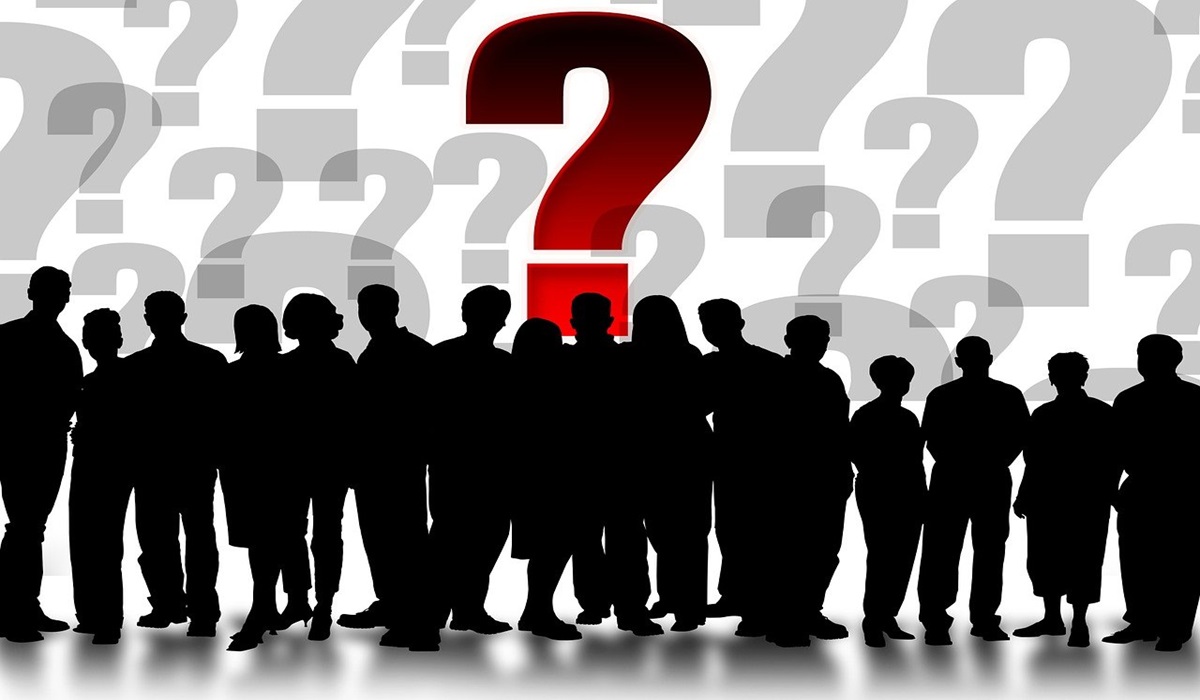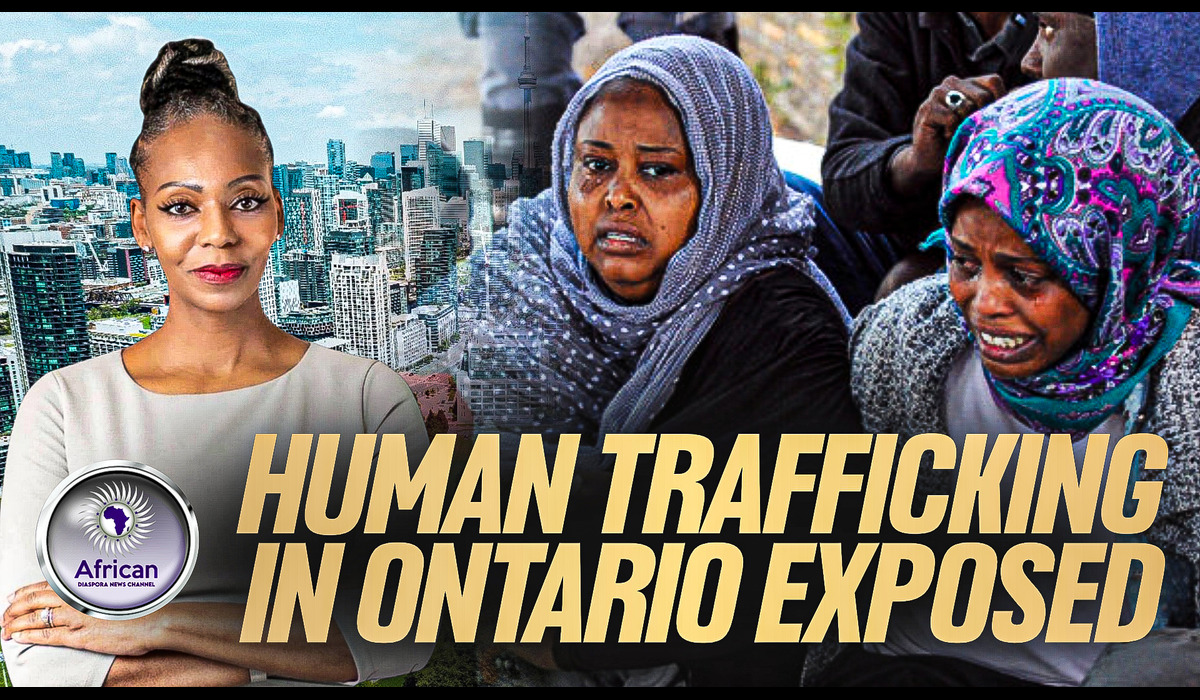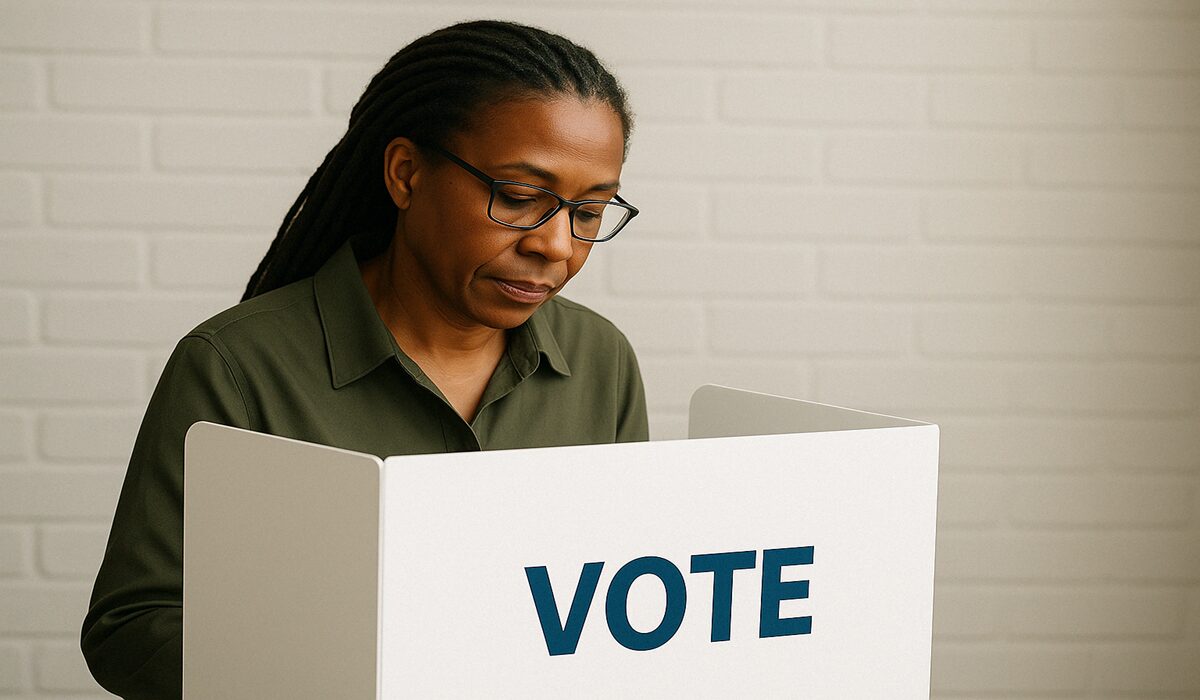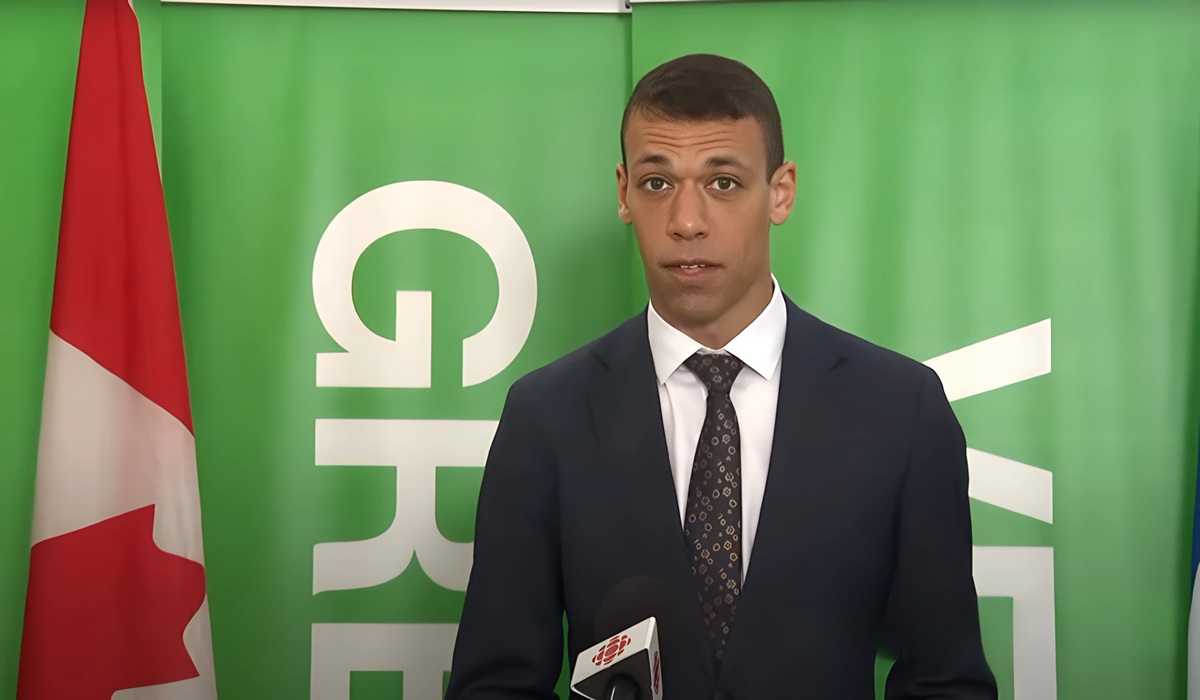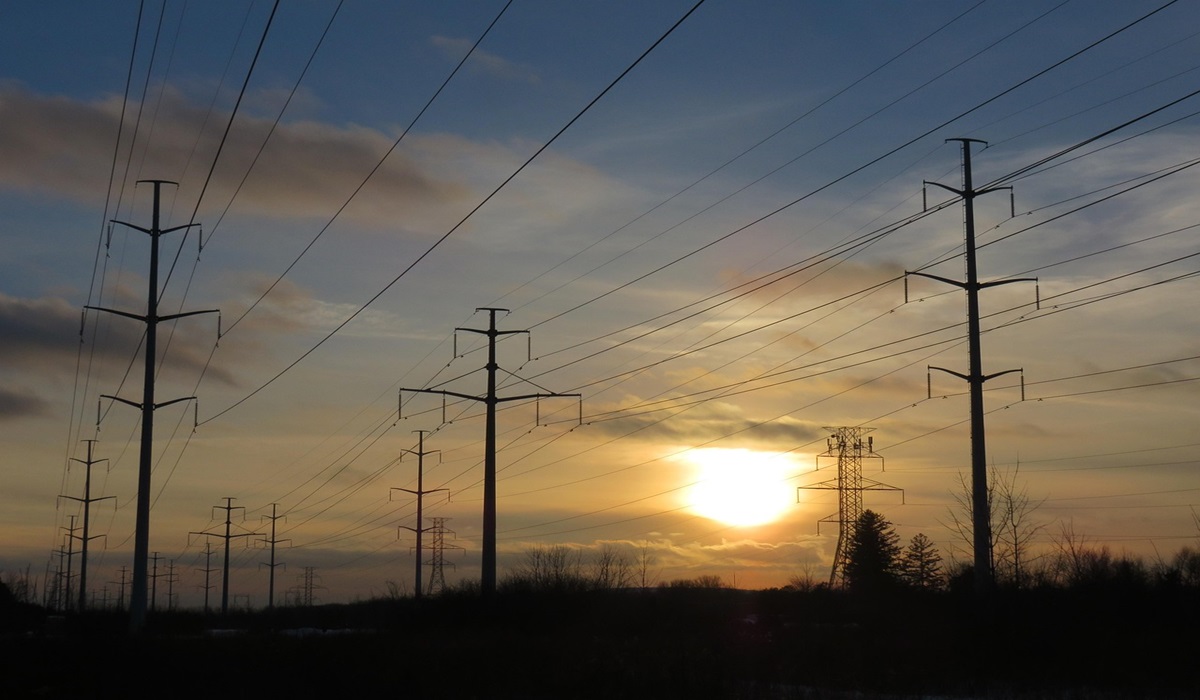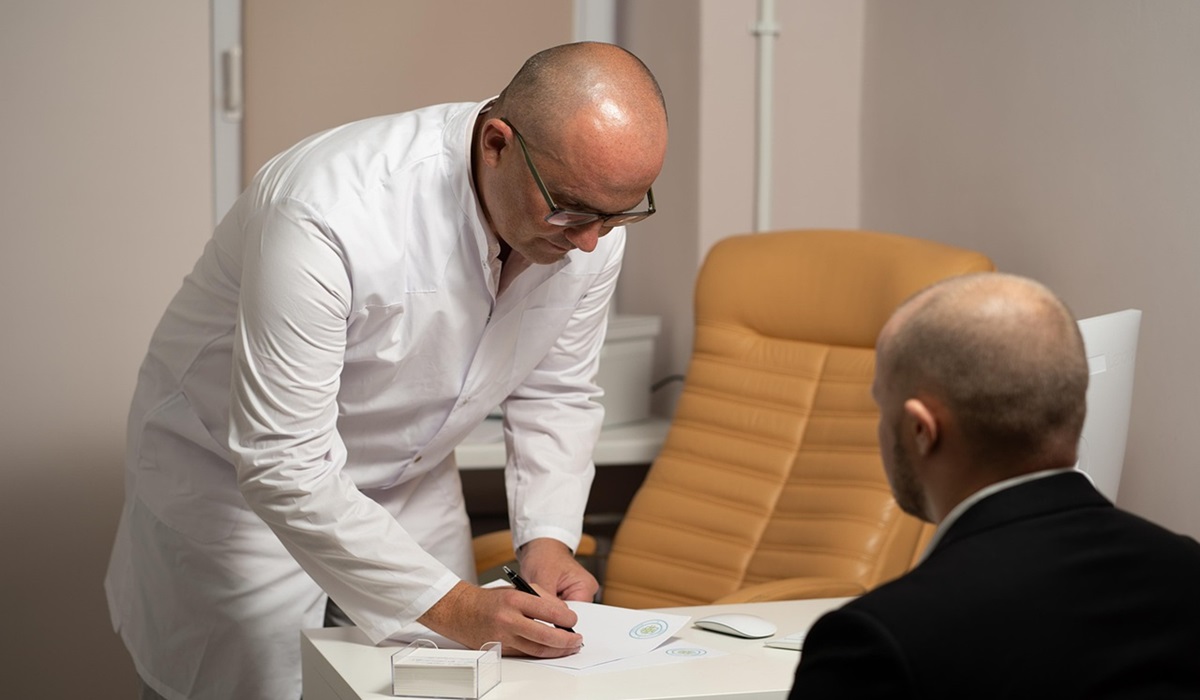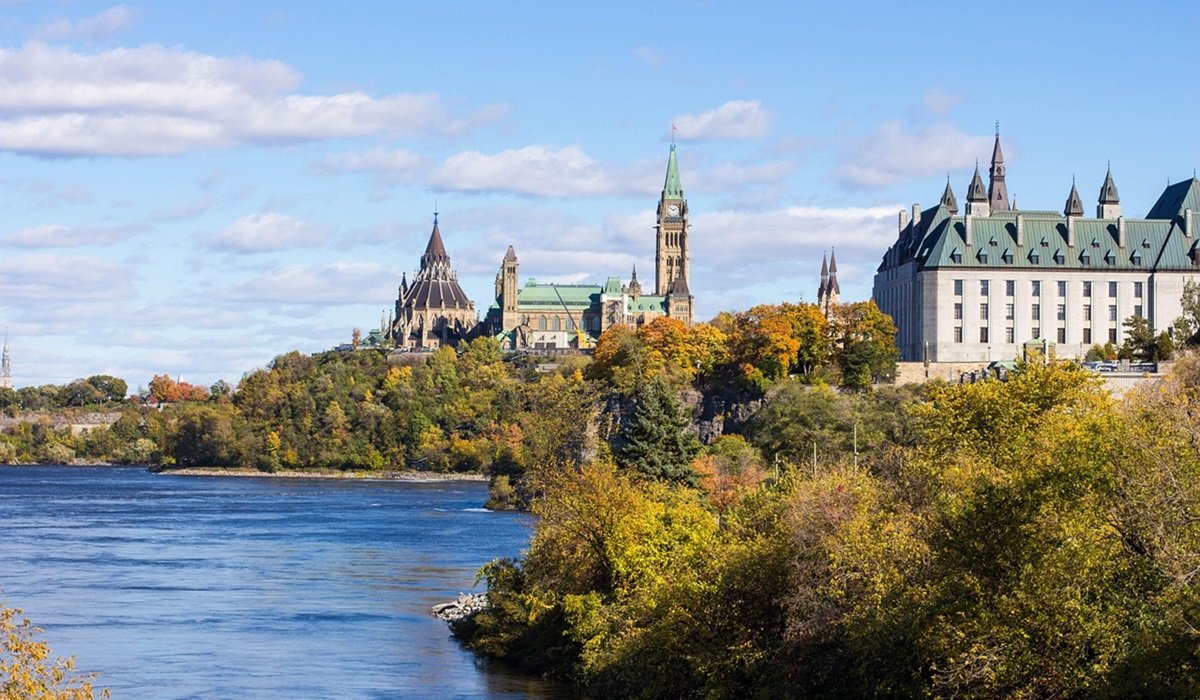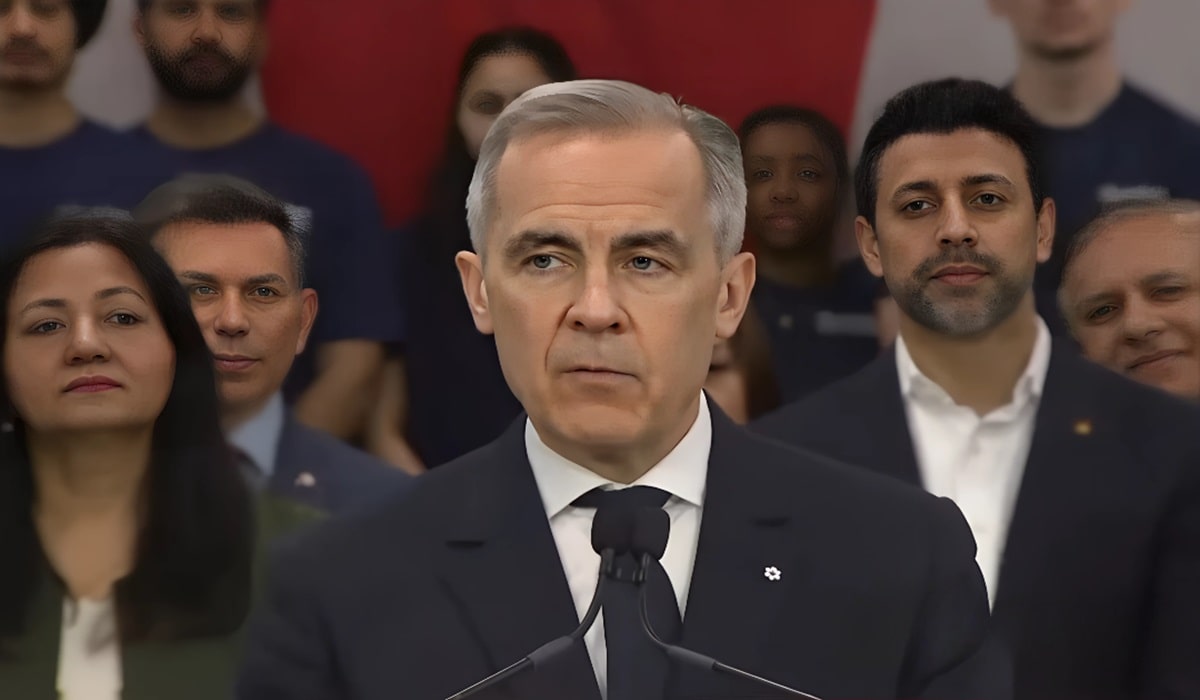Image Credit, Geralt
The resignation of Prime Minister Justin Trudeau has thrust the Liberal Party of Canada into a period of uncertainty and transformation, setting the stage for a leadership contest that could redefine the party’s identity and direction. Trudeau’s departure marks the end of an era that, while marked by significant achievements and progressive policies, has also seen declining public support and growing dissatisfaction within the party’s ranks. As the Liberals brace for the next election, the question of who will lead them forward carries immense weight, not only for the party’s survival but for the broader political landscape in Canada. The leadership race is shaping up to be one of the most consequential in recent memory, with potential candidates representing a spectrum of experience, ideology, and vision for the country’s future.
The field of contenders is diverse, with both seasoned politicians and new faces positioning themselves for a run at the top job. Some, like Chrystia Freeland and Dominic LeBlanc, have spent years in Trudeau’s inner circle, while others, including Mark Carney and a potential Indigenous candidate, offer a break from the status quo. As names continue to surface, the race reflects broader questions about the Liberal Party’s identity—whether it will cling to the legacy of Trudeau’s leadership or pivot toward a new direction. With the party slipping in the polls and facing a resurgent New Democratic Party (NDP), the choice of leader could determine whether the Liberals can reclaim their dominance or risk falling into opposition for the first time in nearly a decade.
Chrystia Freeland
As the former Deputy Prime Minister and Finance Minister, Chrystia Freeland has been a key figure in Trudeau’s cabinet. Her deep understanding of government operations and global affairs is a clear advantage, making her a seasoned candidate capable of navigating complex issues. However, Freeland struggles with public perception, often criticized for her lack of charisma and inability to connect with voters on a broad scale. Her performance in debates has also been a point of concern, raising questions about her ability to rally support both within her party and across the nation.
Dominic LeBlanc
A longtime Liberal stalwart, Dominic LeBlanc is another prominent contender. Known for his loyalty and experience, LeBlanc enjoys significant support within the party and understands the intricacies of governance. Despite these strengths, he faces the challenge of limited national recognition. In an electoral landscape where name recognition matters, his low public profile could hinder his ability to galvanize voters.
François-Philippe Champagne
Currently serving as Minister of Innovation, Science, and Industry, François-Philippe Champagne is seen as a pragmatic and affable politician. His decade-long tenure in government coincides with Trudeau’s rise, but his lack of high-profile portfolios limits his visibility. While his behind-the-scenes maneuvering suggests ambition, Champagne’s challenge lies in convincing Canadians he has the gravitas to lead.
Anita Anand
Anita Anand has emerged as a strong contender, with her track record as Minister of National Defence and Minister of Public Services and Procurement earning her widespread respect. Her leadership during the COVID-19 vaccine rollout showcased her competence. Fluent in multiple languages and possessing a legal background, Anand is viewed as a capable and disciplined candidate. However, her command of French, while sufficient, could be a point of contention in Quebec. Anand’s status as a rising star in the party may also alienate some long-serving members.
Mark Carney
Former Governor of the Bank of Canada and Bank of England, Mark Carney is the outsider in the race. With an impeccable financial resume and global recognition, Carney’s expertise in economics could be a valuable asset for a party needing fresh ideas. However, Carney has never held elected office, and his outsider status may alienate some Liberal insiders. His lack of a parliamentary seat could also complicate his transition to leadership.
The Indigenous Candidate
The possibility of Canada electing its first Indigenous Prime Minister is a significant and inspiring prospect. A respected former Liberal MP of First Nations heritage is reportedly considering entering the race. Fluent in French and multiple languages, this individual brings a unique perspective and the potential to unite the party around themes of reconciliation and inclusivity. However, their time out of politics might pose challenges in navigating the current political landscape, although this detachment from recent controversies could also be seen as a refreshing change.
The Path Forward
The Liberal Party faces a critical crossroads. With poll numbers slipping and the party at risk of ceding ground to the NDP, the leadership decision carries high stakes. Each candidate brings a mix of promise and pitfalls, and the next leader will need to navigate a divided party and a skeptical electorate. Whether the party chooses experience, fresh perspectives, or historical significance, the outcome will shape the Liberal Party’s trajectory in the years to come.

